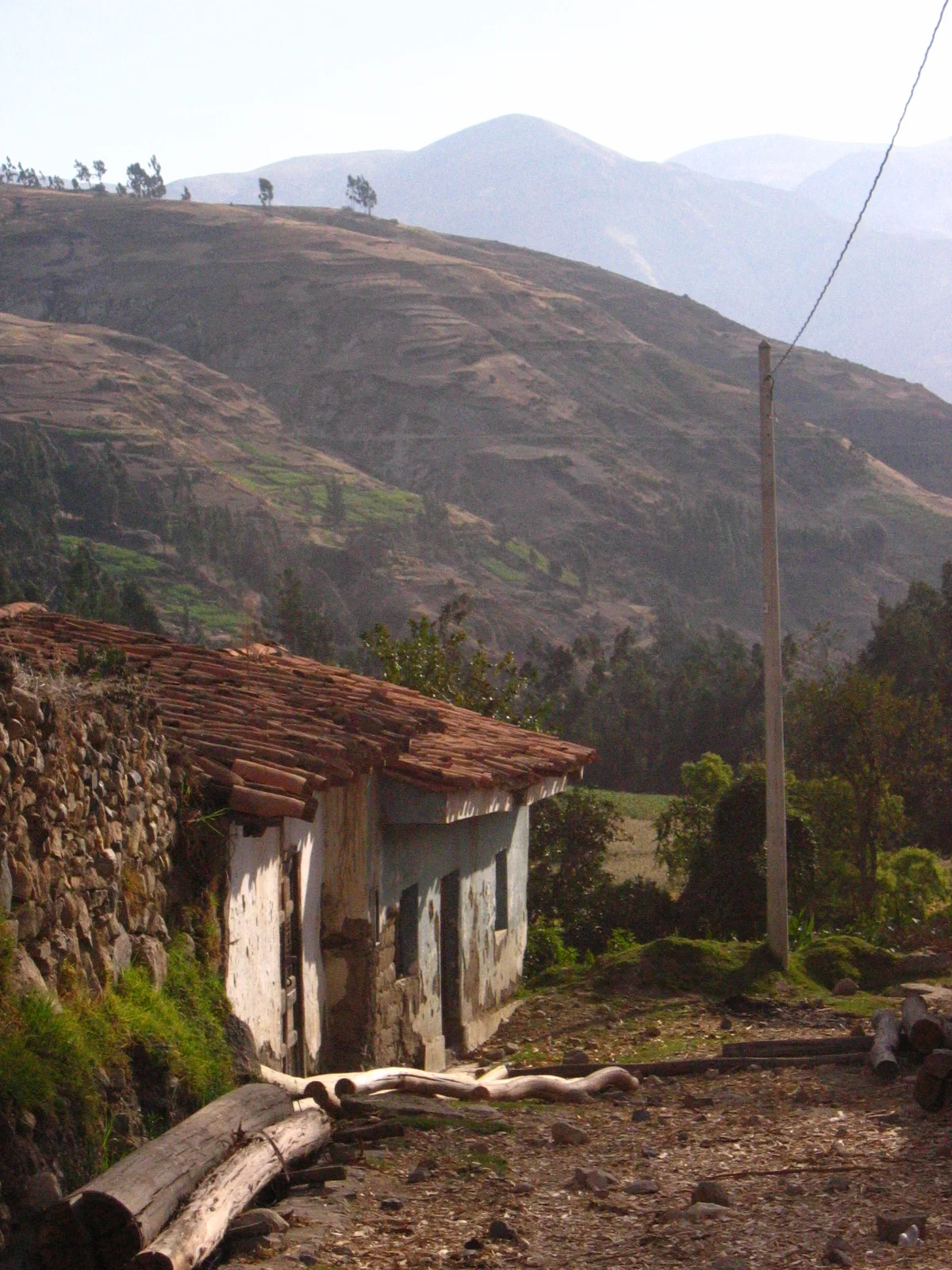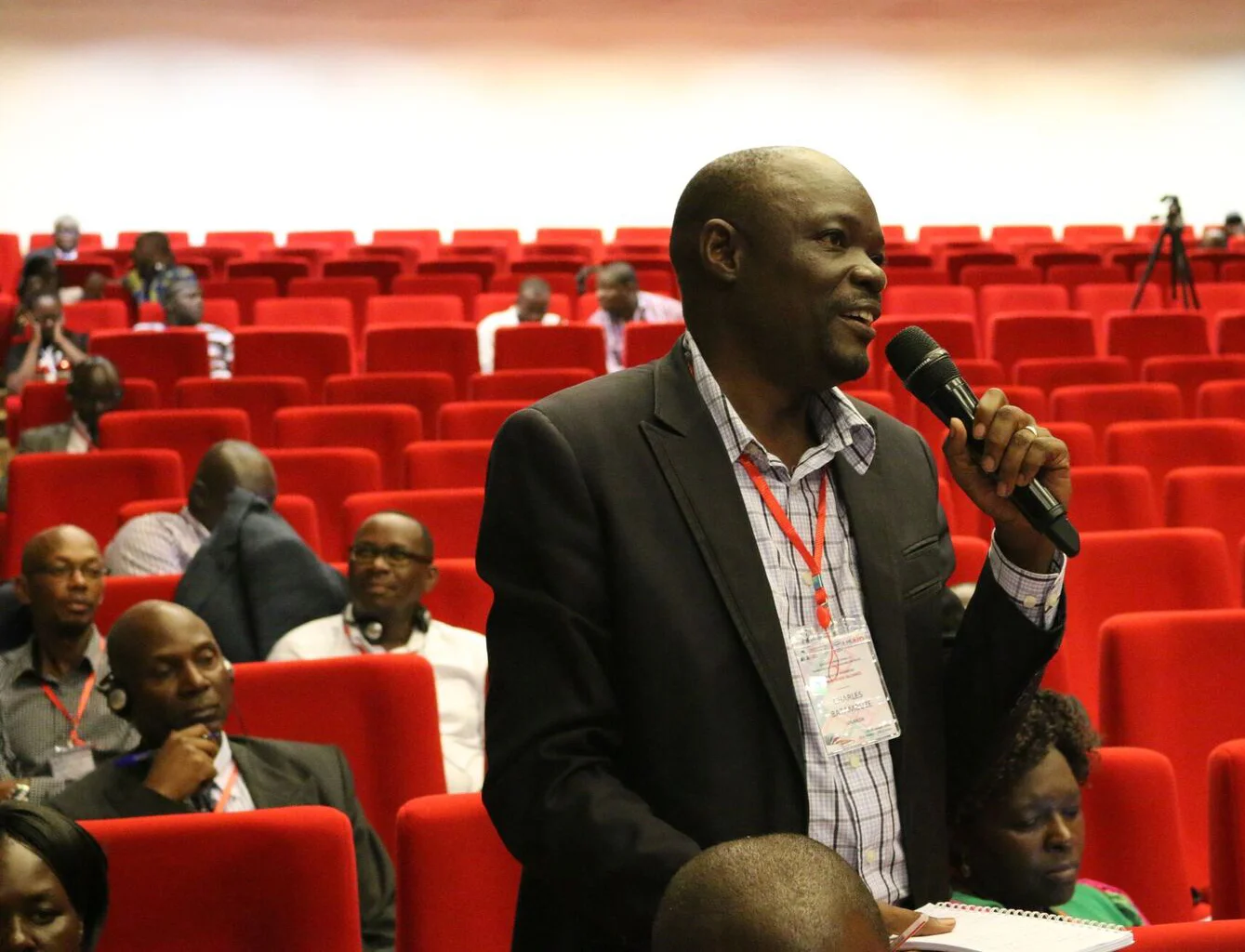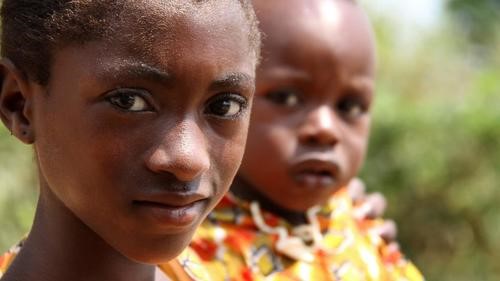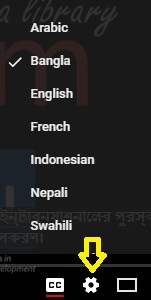How to Fight Child Stunting - One Language at a Time
/Malnutrition affects over twenty percent of children in the world today. That’s roughly the equivalent of the entire population of the United States—a huge problem.
One of the barriers to addressing this problem is language, as a high percentage of the children affected by malnutrition live in indigenous communities where the primary language is different than the that of the culture at large. How do you educate parents about the vital importance of early nutrition in their children’s development if they’re not proficient in the language in which that sort of information is available?
Problems this big can seem insurmountable. But there is hope...
Read More















